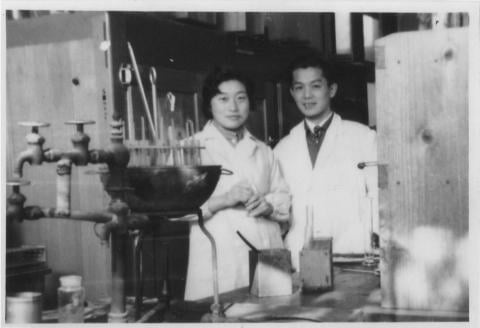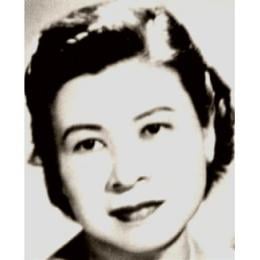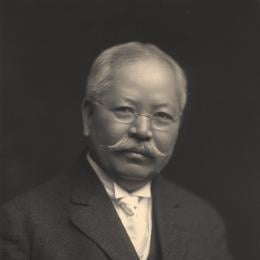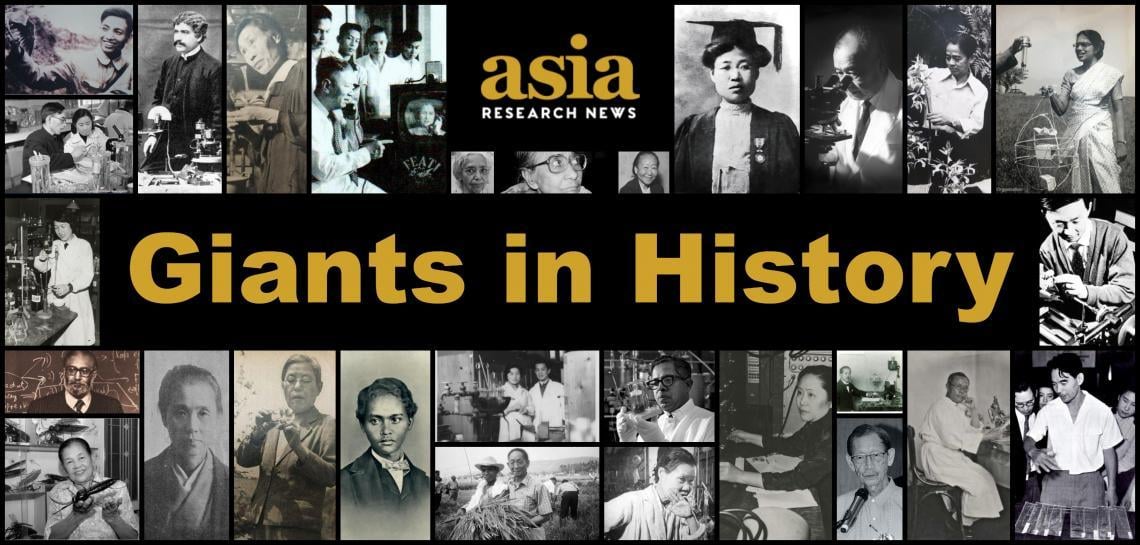The couple who primed DNA replication
Reiji Okazaki (08 October 1930 - 01 August 1975)
Japan

Tsuneko (7 June 1933) and Reiji Okazaki (8 October 1930 – 1 August 1975) were a Japanese couple who discovered Okazaki fragments – short sequences of DNA that are synthesized during DNA replication and linked together to form a continuous strand. The couple met in Nagoya University and after obtaining PhDs, started a laboratory to conduct research on DNA replication. Funds were tight and the Okazakis often had to pay for research supplies themselves. After Reiji’s death from leukemia at the age of 44 from radiation exposure during the dropping of the atomic bomb on Hiroshima in World War II, Tsuneko continued their work, while raising their two children. At the time, female scientists were not recognized as full-fledged researchers in Japan and Tsuneko was encouraged to give up research to raise her young family. With support from the scientific community and a neighbour who helped care for her children, Tsuneko discovered that Okazaki fragments were the starting points of DNA replication. Since then, she has received multiple honours and awards, including the L’Oreal-UNESCO Award for Women in Science in 2000. Tsuneko has advocated for better support for women in science and lower education costs.






